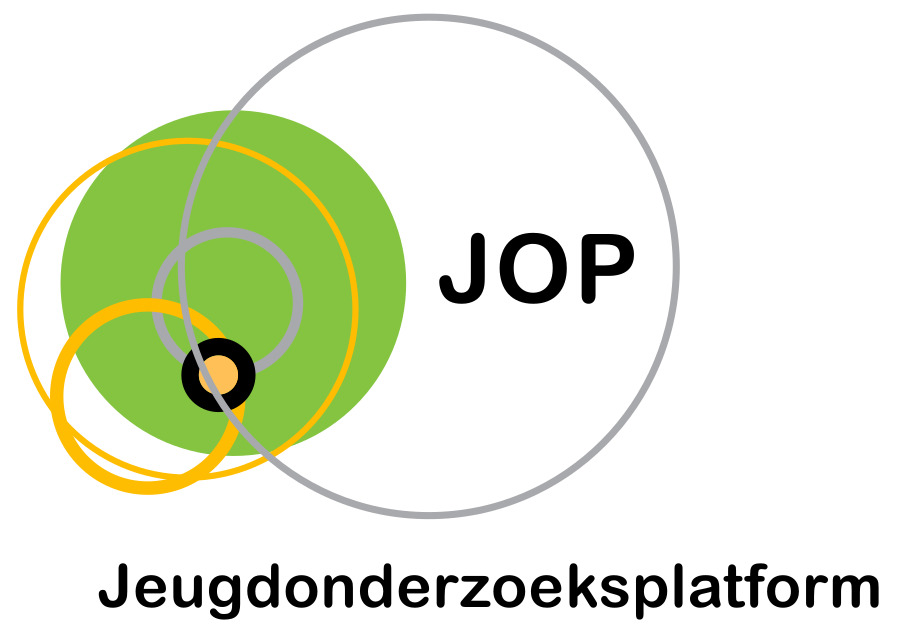The impact of school strategies and the home environment on home learning experiences during the COVID-19 pandemic in children with and without developmental disorders
Auteurs
Baten, E., Vlaeminck, F., Mués, M., Valcke, M., Desoete, A., & Warreyn, P. (2022)

Abstract
Using the Opportunity-Propensity Model (Byrnes in Dev Rev 56:100911, 2020; Byrnes & Miller in Contemp Educ Psychol 32(4);599–629, 2007), the current study investigated which factors helped predicting children’s home learning experiences during the COVID-19 pandemic, thereby examining differences between children with (DD; n = 779) and without (TD; n = 1443) developmental disorders. MANCOVA results indicated more negative experiences for DD children and their parents. SEM-results revealed the alignment between different teachers and autonomous motivation in children as the most important predictors for the outcome variables. Less predictors were significant for DD as compared to TD children which suggests other factors are at play in the DD group. Limitations, strengths and suggestions for future research are being discussed, together with some implications for classroom practices and remote learning approaches
Met behulp van het Opportunity-Propensity Model (Byrnes in Dev Rev 56:100911, 2020; Byrnes & Miller in Contemp Educ Psychol 32(4);599-629, 2007) werd in de huidige studie onderzocht welke factoren de leerervaringen van kinderen thuis tijdens de COVID-19 pandemie hielpen voorspellen, waarbij verschillen tussen kinderen met (DD; n = 779) en zonder (TD; n = 1443) ontwikkelingsstoornissen werden onderzocht. MANCOVA-resultaten wezen op meer negatieve ervaringen voor DD-kinderen en hun ouders. SEM-resultaten toonden de afstemming tussen verschillende leerkrachten en autonome motivatie bij kinderen als de belangrijkste voorspellers voor de uitkomstvariabelen. Minder voorspellers waren significant voor DD-kinderen in vergelijking met TDkinderen, wat suggereert dat andere factoren een rol spelen in de DD-groep. Beperkingen, sterke punten en suggesties voor toekomstig onderzoek worden besproken, samen met enkele implicaties voor praktijken in de klas en benaderingen van leren op afstand.
Referentie
Baten, E., Vlaeminck, F., Mués, M., Valcke, M., Desoete, A., & Warreyn, P. (2022). The impact of school strategies and the home environment on home learning experiences during the COVID-19 pandemic in children with and without developmental disorders. Journal of Autism and Developmental Disorders, 1-31.
Taal
Engels
Publicatievorm
Trefwoorden
Ontwikkelingsstoornissen; Leren op afstand; Opportunity-Propensity Model; COVID-19; Sluiting van scholen
